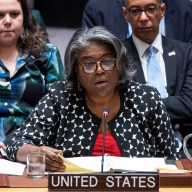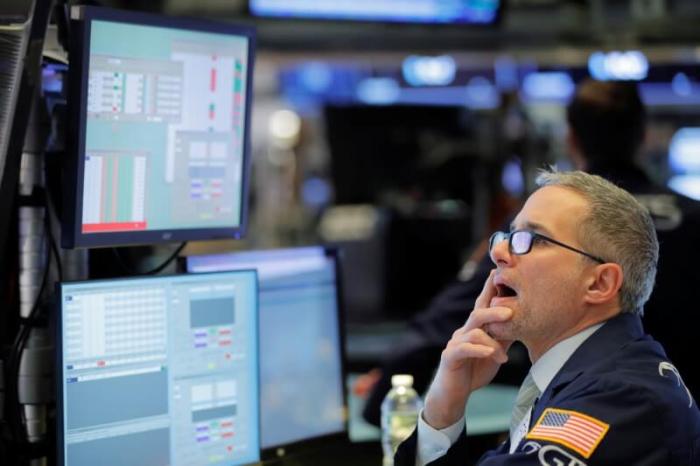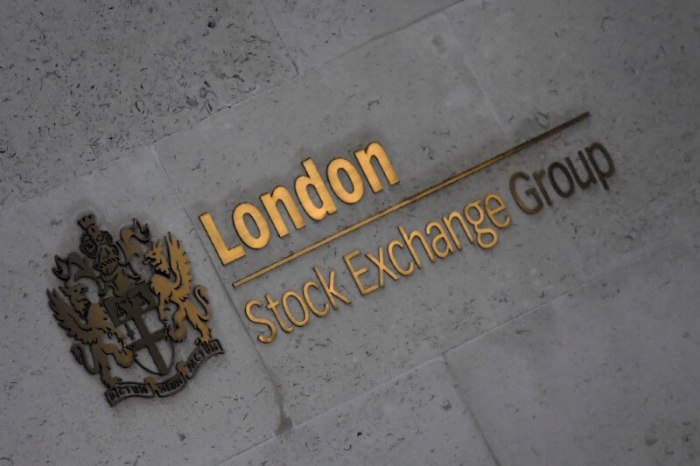By Karen Brettell
NEW YORK (Reuters) – The U.S. dollar index held steady on Monday before a heavy week of economic data, while sterling was the weakest performer after tepid growth increased the likelihood that the Bank of England will cut interest rates this month.
In the United States, consumer price data on Tuesday and retail sales data on Thursday are this week’s main U.S. economic focuses. The greenback weakened on Friday after U.S. job growth slowed in December.
The pound slipped after data on Monday showed Britain’s economy grew at its weakest annual pace in more than seven years in November.
“The UK story is a reminder that despite what may have been feared earlier, the U.S. remains in solid shape … whereas the rest of the world’s struggling,” said Win Thin, global head of currency strategy at Brown Brothers Harriman in New York.
On Sunday, another Bank of England policymaker, Gertjan Vlieghe, said he would vote for a rate cut this month unless economic data improved significantly.
The dollar index <.DXY> was at 97.35, after rising to 97.53. Sterling The offshore Chinese yuan The yuan hit a session high after Bloomberg News reported that the United States will lift its designation of China as a currency manipulator ahead of the trade deal.
The U.S.-China Phase 1 agreement, due to be signed at the White House on Wednesday, marks the first step toward ending a damaging 18-month trade dispute between the world’s two largest economies. Adam Cole, an analyst at RBC Capital Markets, said that in the absence of any significant announcements over the weekend “markets have defaulted to small risk-on moves”.
The Australian dollar (Additional reporting by Tommy Wilkes in London; editing by Jonathan Oatis)


















